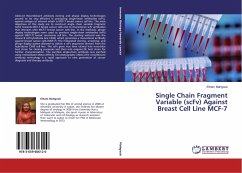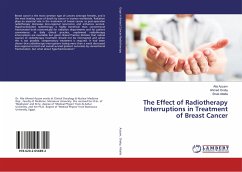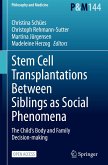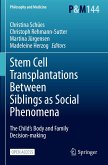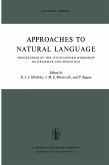Abstract Recombinant antibody cloning and phage display technologies proved to be very efficient in producing single-chain antibodies (scFv), against antigen of interest which is MCF-7 breast cancer cell line. The main objectives of this study are to construct single chain variable fragment (scFv) towards MCF-7 breast cancer cells and to characterize scFv antibodies that interacts with MCF-7 breast cancer cells line. In the methods: phage display technologies were used to produce single-chain antibodies (scFv) against (MCF-7) breast carcinoma cell line. The starting material was the mouse B cell hybridoma line C3A8, which generates a monoclonal antibody against breast cancer cells (MCF-7). The integrated cloning, screening, and phage display system allowed to obtain a scFv sequences derived from the hybridoma C3A8 cell line. The scFv gene was then cloned into nova-blue host strain for cloning purposes and then into origami DE host strain for further characterization. The purifiedsingle-chain antibody was purified using Immobilized Metal Affinity Chromatography (IMAC).the recombinant antibody technology is a rapid approach to next generation of cancer diagnosis and therapy antibody
Bitte wählen Sie Ihr Anliegen aus.
Rechnungen
Retourenschein anfordern
Bestellstatus
Storno

